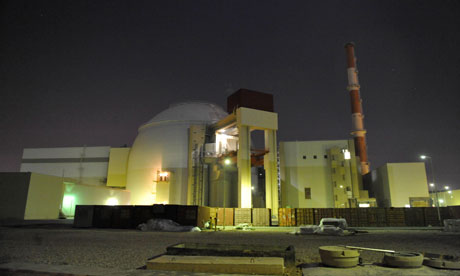by Thomas Sowell
One of the many words that sound so attractive, to people who do not think beyond the word, is “disarmament.”
Wouldn’t it be better to live in a world where countries were not armed to the teeth, especially when they are armed with nuclear weapons? Of course it would.
But the only country we can disarm is our own. The only countries we might be able to persuade to disarm are countries that intend no harm in the first place. Those countries that do intend to harm others– and we know all too well that they exist– would be delighted to have all their victims disarmed.
What if we can just get nuclear disarmament?
Again, we need to think beyond the word to the realities of the world, so that we do not simply accept words as what Thomas Hobbes called the money of fools.
Had there been no nuclear weapons created during World War II, that would have given an overwhelming military advantage in the postwar world to countries with large and well equipped armies. Especially after the U.S. Army withdrew from Europe, following the end of World War II, there was nothing to stop Stalin’s army from marching right across the continent to the Atlantic Ocean.
The American troops that remained in Western Europe were not enough to stop the Soviet army. But they were enough that their slaughter by the Russians would have risked nuclear war with the United States.
Continue reading . . .







